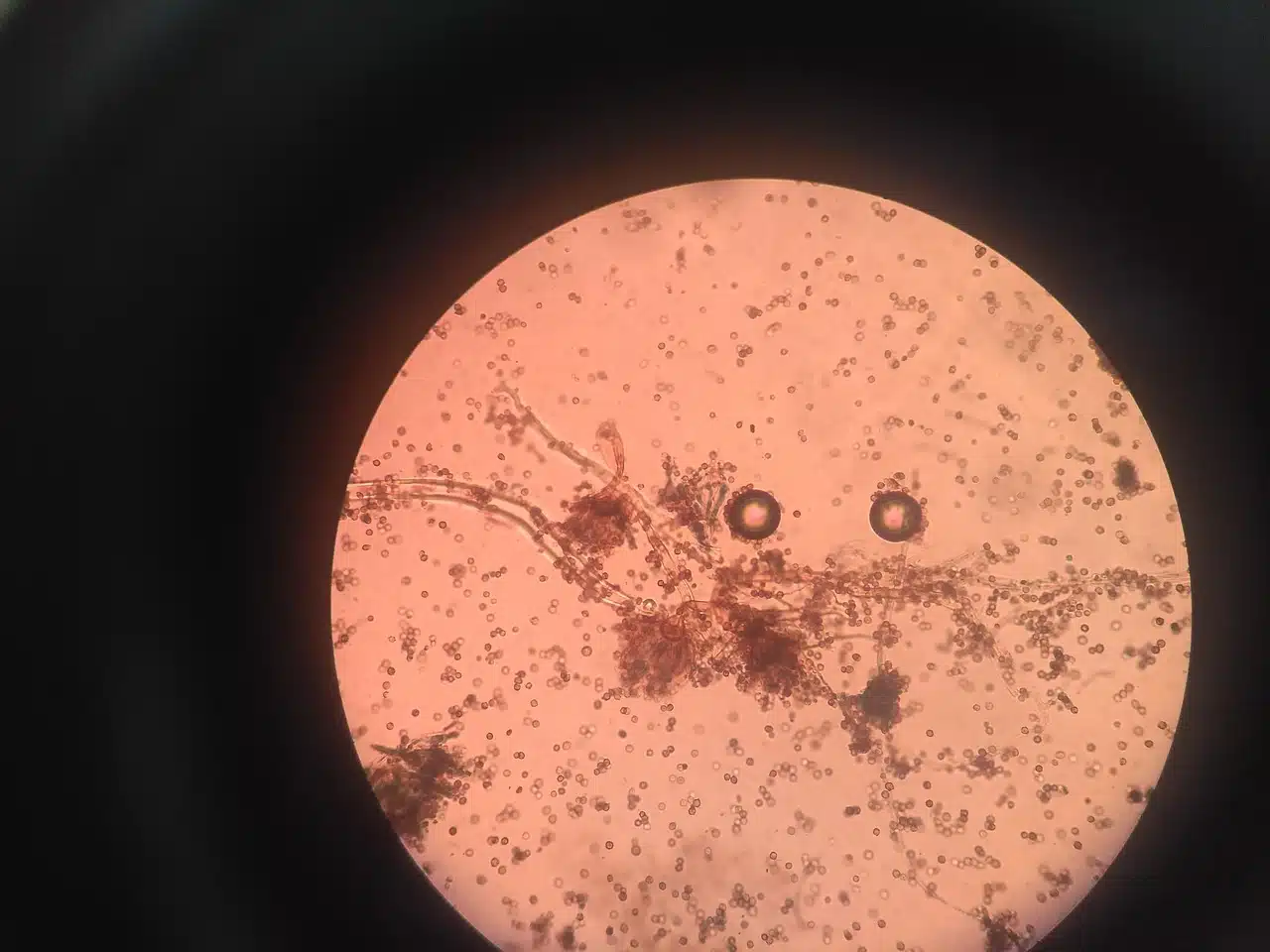
A helminth is a parasitic worm that lives in humans and other animals.
Parasitic Worms
Helminths are parasitic worms : they live off the members of other species , which they feed on. Humans and various animals are hosts to these worms, which can lodge in different organs.
Helminths are sometimes easy to detect with the naked eye when they reach adulthood. They can be cestodes , trematodes , acanthocephalans or nematodes . It is important to bear in mind that this is not a taxonomic concept, which means that helminths have very diverse characteristics. In general, they share the fact that they have a soft and elongated body.
Helminthiasis
Helminthiasis is the infectious disease transmitted by helminths. This name refers to the group of these diseases , which includes conditions such as trichinellosis , fascioliasis and hydatidosis .
Helminthiasis can also be transmitted through soil . This occurs when helminth eggs are present in human excrement and, due to poor sanitation systems, the faeces contaminate the soil.
Some of the common symptoms of helminthiasis include:
- Gastrointestinal problems : Helminths that infect the digestive system can cause symptoms such as abdominal pain, nausea , vomiting, diarrhea, or constipation;
- fatigue and weakness – the presence of helminths in the body can affect the general state of health , causing persistent fatigue and weakness;
- Respiratory problems : Some helminth infections can affect the respiratory system, causing symptoms such as cough, shortness of breath, bronchitis , or pneumonia;
- Itching and rashes : Some helminths release substances into the skin that can cause intense itching and rashes;
- anemia : Intestinal worms can cause deficiencies of iron and other nutrients, which can lead to anemia . This is characterized by fatigue, weakness , paleness, and difficulty concentrating;
- Urinary and genital problems : Some helminths can affect the urinary tract or reproductive organs, causing symptoms such as pain when urinating, blood in the urine, genital itching, or abnormal discharge.
According to World Health Organization ( WHO ) figures, there are around 1.5 billion people worldwide who suffer from soil-transmitted helminthiasis . Children, for example, are most likely to become infected by coming into contact with contaminated soil, although infections also occur when contamination reaches water or when people eat poorly washed vegetables.
Anthelmintic
An anthelmintic is a medicine that can be used to treat helminth infections . These drugs kill worms in the body or cause them to flee and are effective in treating and controlling a wide variety of helminths, including roundworms, tapeworms, filariae and nematodes.
Anthelmintics work in different ways to combat parasitic infections. Some drugs paralyze or kill helminths, while others interfere with their ability to reproduce or absorb nutrients, thereby weakening their presence in the host organism . They are administered in different forms, such as tablets, oral suspensions, or injections, depending on the type of infection and the specific helminth.

Abdominal pain is one of the symptoms of helminthiasis.
It is important to note that anthelmintics are usually specific to certain types of helminths and are not effective against all parasites. Therefore, appropriate treatment should be based on accurate diagnosis of the parasitic infection and identification of the causative helminth. Doctors and health care professionals use specific tests and clinical evaluations to determine the most appropriate treatment.
In addition to individual treatment of parasitic infections, anthelmintics are also used in public health programmes for the control and prevention of helminth-borne diseases. These include mass drug administration in endemic areas, education on hygienic practices and improvement of sanitary conditions.
